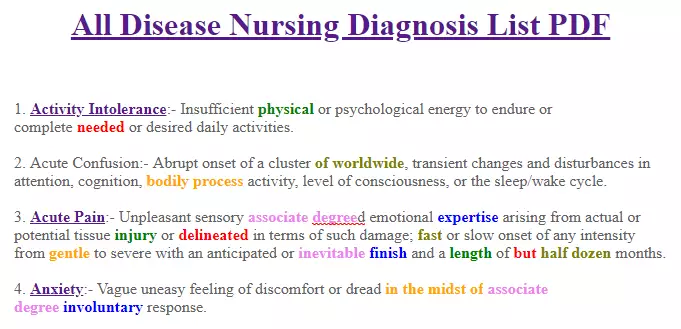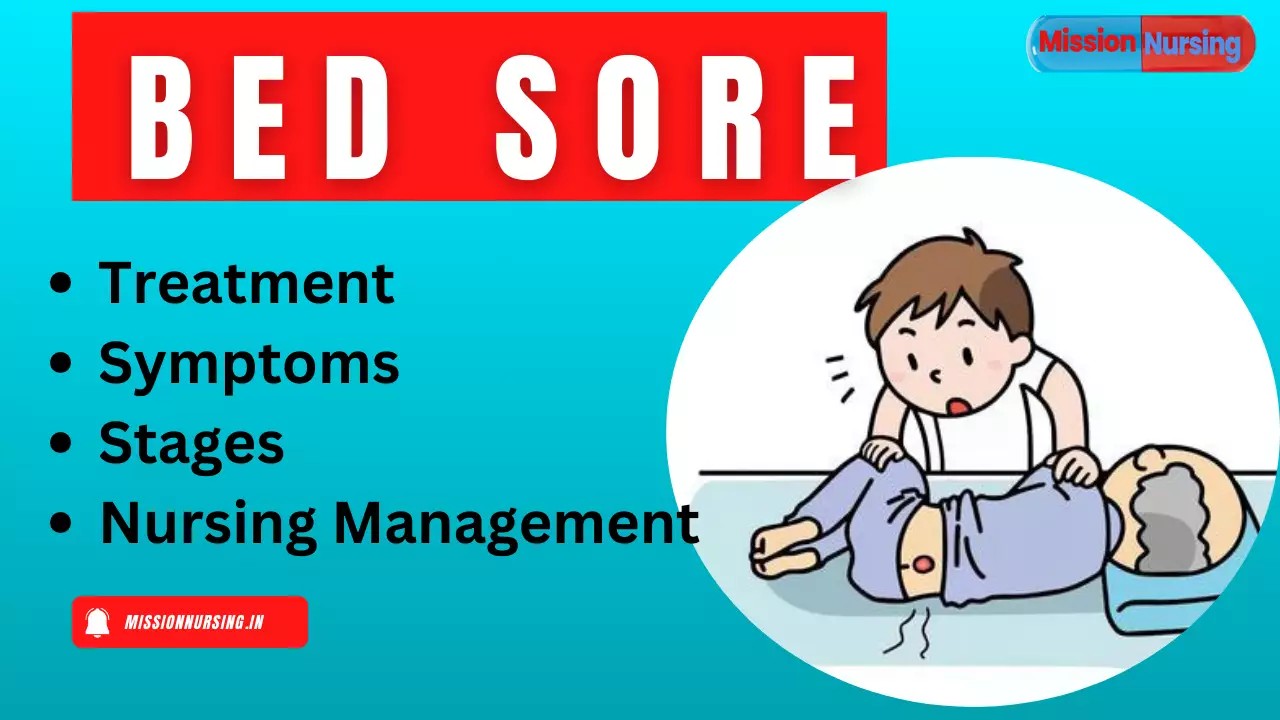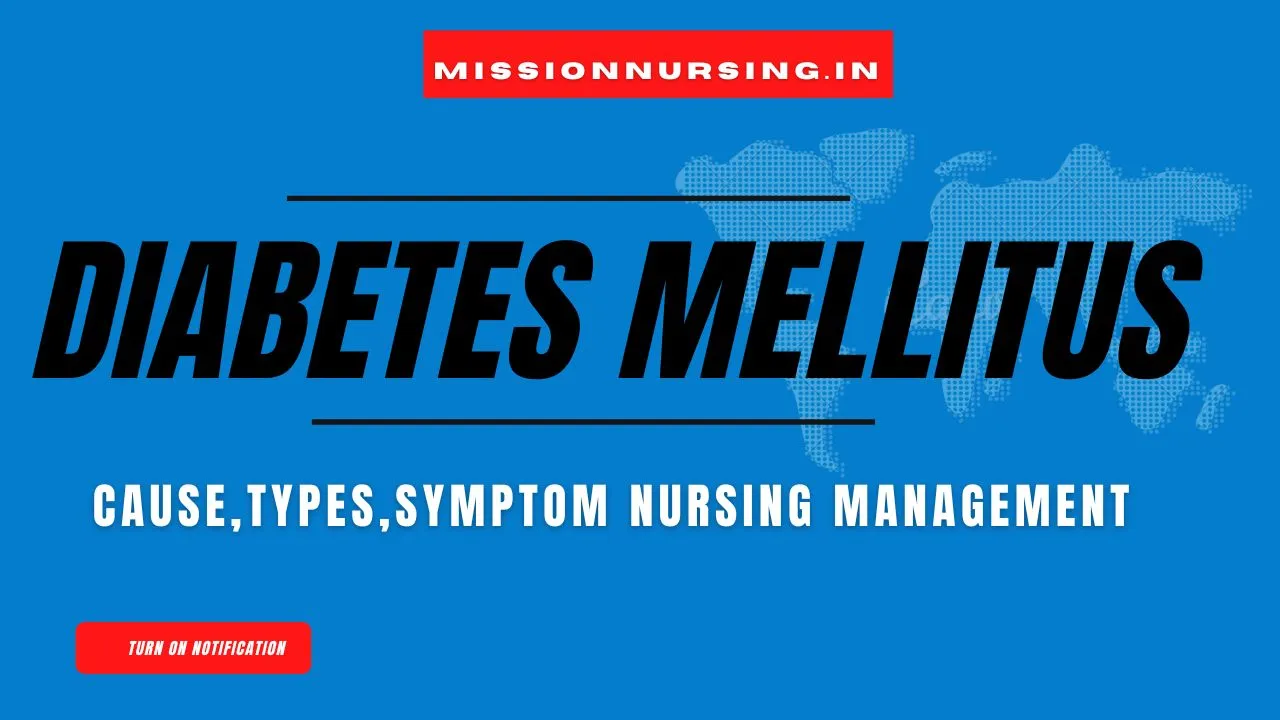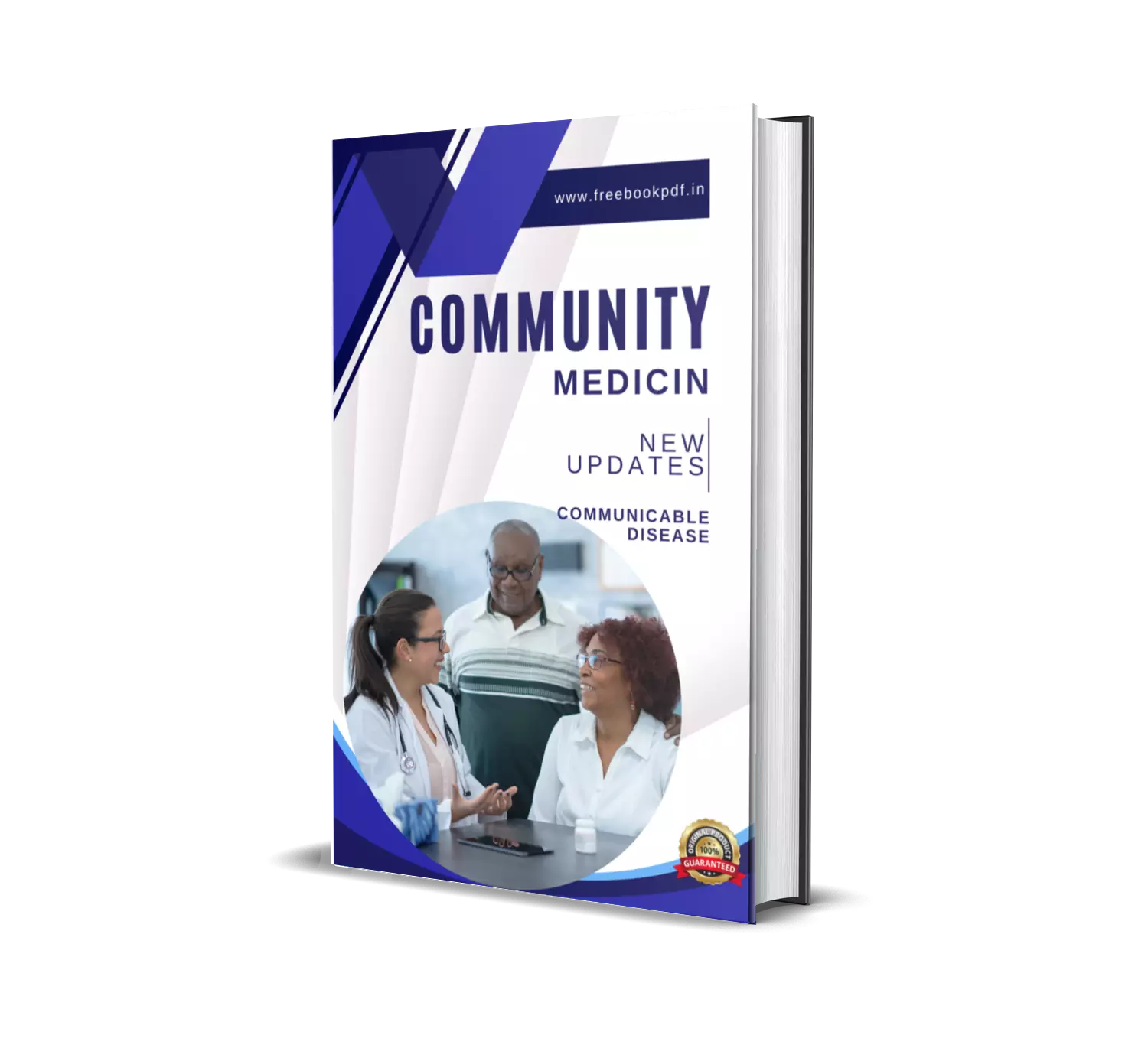Multiple Sclerosis Introduction
- Multiple sclerosis also knows as a degenerative brain disorder or degenerative CNS disorder.
- Multiple sclerosis most common CNS disorder, that occurs between the 20 and 40 age groups.
- Multiple sclerosis is a progressive inflammatory and demyelinating disease.
Multiple sclerosis Definition
Multiple sclerosis defines as a chronic progressive degenerative disease that affect the myelin sheath of neurons in CNS. Multiple sclerosis is a not contagious disorder and more prevalent in women than men. Demyelinating results in impaired transmission of nerve impulses.
Cause of Multiple sclerosis
- Idiopathic
- Genetic disorder
- Autoimmune disorder – immunological reaction
- Infection
- Environmental factors
- Type – 4th hypersensitivity reaction.
Multiple sclerosis Pathophysiology
Cause
↓
Abnormal functioning of myelin sheath
↓
Inflammation and destruction of myelin sheath
Related Post

Importance of Communication in Nursing

5000+ RRB Staff Nurse Previous Year Question Paper pdf download
How to use PPE kit | PPE Kit का उपयोग कैसे करें Hindi

Most Common Nursing Diagnosis List PDF

What is the Abortion and Medical Termination Pregnancy (MTP-KIT Use) 2024
Powerd By Missionnursing⚡
↓
Chronic, progressive neurological dysfunction
↓
Multiple sclerosis.
Multiple sclerosis Clinical features
- Generalized weakness and fatigue
- Numbness and tingling
- In coordination of movement
- Bowel and bladder dysfunction
- Paralysis
- Mild diplopia
- Vision loss
- Swallowing and chewing difficulty
- Sensory route affect
- Dysphagia
- Transient blindness
- Walking difficulty
- Muscles spasm
- Ataxia and vertigo
- Dizziness
- Body pain
- Memory change.
- Tried symptom – Nystagmus
- Dysarthria
- Intentional tremor.
Multiple sclerosis Dignosis
- History collection and physical examination.
- CT scan and MRI.
- PET scan.
- Neurological examination.
- Lumbar puncture test.
- Blood test and spinal tap test.
Multiple sclerosis Treatment
-
Multiple sclerosis Pharmacological management –
- Immunosuppressive agents
- Methotrexate
- Azathioprine.
-
- Corticosteroid therapy – for inflammation.
- Alkylating agents
- Skeletal muscles relaxant medication
- Carbamazepine and clonazepam drugs
- Plasmapheresis ( plasma exchange )
- Glatiramer acetate – block immune system attack
- Fingolimod – Reduce replace rate.
- Physical therapy and massage relaxants therapy.
- Lifestyle modification and daily exercise.
- Pregabalin for nerve healing.
Multiple sclerosis Complications
- Muscles spasm and stiffness.
- Epilepsy
- Bladder and bowel dysfunction
- Paralysis
- Forgetfulness and mood swings
- Sexual dysfunctions.
Multiple sclerosis Nursing management
- Nurses assess physical examination and vital signs.
- The nurse will assess the patient vision problems, if the patient has vision, she provides safety.
- Cover patient affected eye by patch.
- Nurses monitor patient bowel and bladder functions.
- Nurses provide complete rest and sometimes encourage activity.
- Monitor patient swallowing and chewing activity.
- Provide psychological and emotional support.
- The nurse will encourage the patient to wear a medical alert bracelet.
- The nurse will ask the attendees to assist every patient activity.
Key Points about Multiple sclerosis
- Degenerative brain disorder is – Multiple sclerosis.
- MS is a neurological disorder that affects the – Myelin sheath of neurons.
- What is the main reason MS – Autoimmune disorder?
- Tried symptom of multiple sclerosis – Nystagmus, dysarthria and intentional tremor.
- Common bowel complication associated with MS – Constipation.
- Common diagnostic examination helpful in MS – MRI.
- Main demyelinating event in patients with MS – Optic neuritis.
- What kind of multiple sclerosis disease – Autoimmune?
- Common finding of MS disorder – Balance imbalance.
- Multiple sclerosis more common prevalertin – Women.














